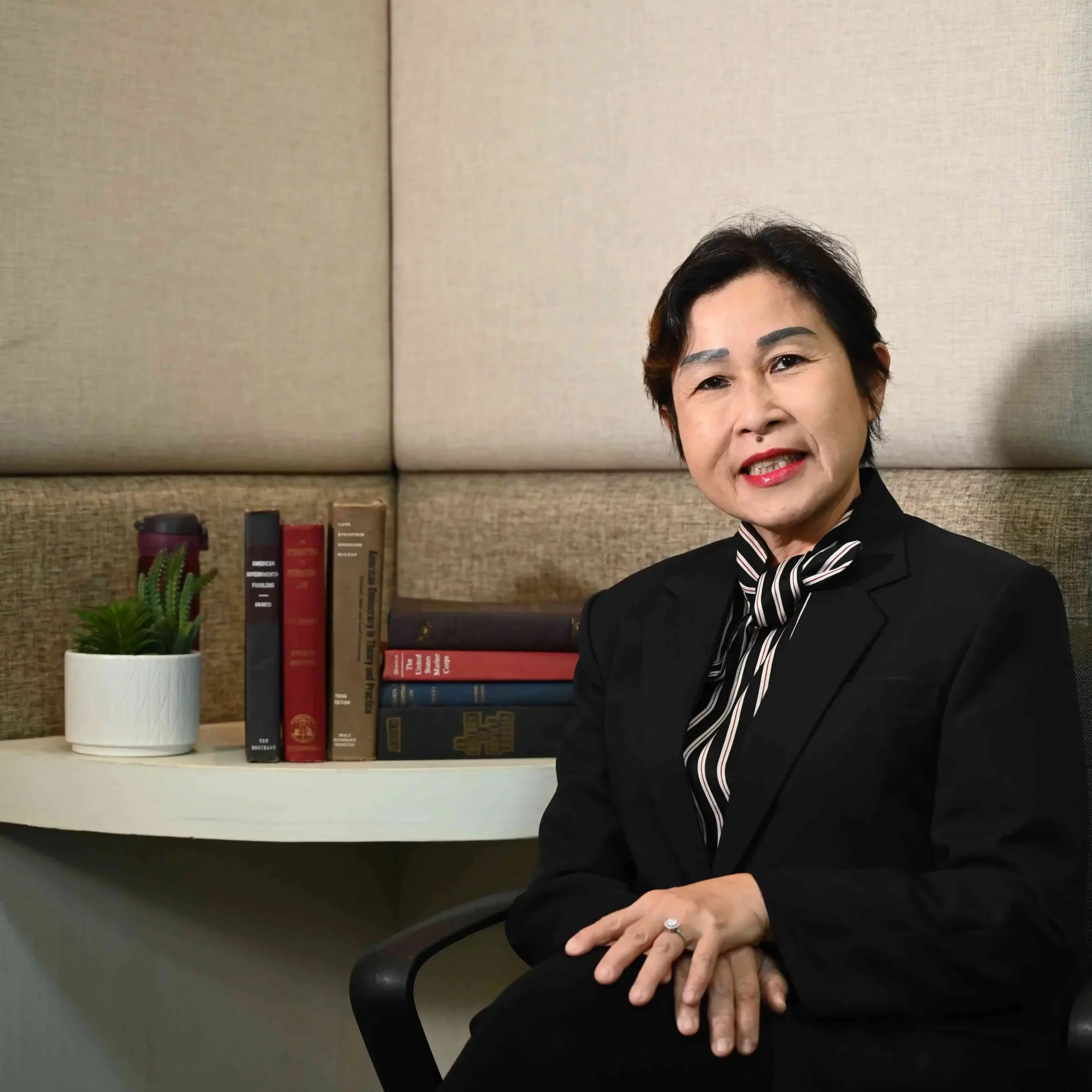UNAIR NEWS – Indonesia’s Constitutional Court (MK) has recently approved a petition from labor unions, as outlined in Decision Number 168/PUU-XXI/2023. The petition addressed a range of issues critical to workers, including clarity on contract durations, restrictions on outsourcing, and the establishment of fair wage systems.
Dr. Lanny Ramli, SH, MHum, a labor law expert at Universitas Airlangga (UNAIR), emphasized that safeguarding workers’ rights requires multifaceted consideration. According to Dr. Ramli, these considerations fall into two categories: ensuring that workers’ normative rights are protected and that their basic living needs are met. She added that the quality of life for workers should correspond to their performance and length of employment.
Local governments’ vital role
Dr. Ramli highlighted the important role of local governments in enhancing workforce quality, particularly for those seeking higher incomes. She noted that, as a unitary state, Indonesia needs active involvement from local governments to help advance community welfare.

“There are indeed numerous significant points in this MK decision, which requires harmonization between central and local government policies,” she said. “Workers’ rights must first be accommodated by local governments so that the MK ruling can be effectively implemented.”
Addressing the duration of Fixed-Term Employment Agreements (PKWT), Dr. Ramli explained that a five-year limit is reasonable. After a PKWT contract expires, workers should be eligible to enter new employment agreements, although these should not be considered PKWT extensions. “The intent behind this limitation is to provide legal protection for workers,” she clarified.
Defining fair wages
Dr. Ramli went on to discuss the various perspectives surrounding the term “wages,” which includes concepts like living wage, fair wage, real wage, and minimum wage. She emphasized that a proportional wage system requires clear guidelines to significantly impact the wages received by workers.
“It’s challenging to determine proportional wages without clear parameters and regulations,” she noted. “Generally, proportional wages consider regional conditions or what is now known as the Provincial Minimum Wage (UMP), with adjustments based on a worker’s performance and tenure.”
Dr. Ramli expressed her hope that any new regulations would address workers’ needs while considering employers’ capacities and simplifying bureaucratic processes. “Workers and employers are partners, with the government as the overseer, so labor laws must be clearly defined,” she concluded.
Author: M. Akmal Syawal
Editor: Yulia Rohmawati









